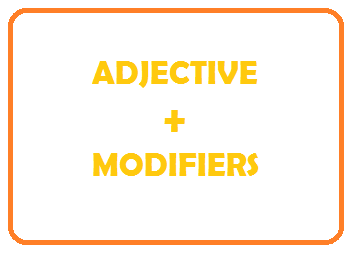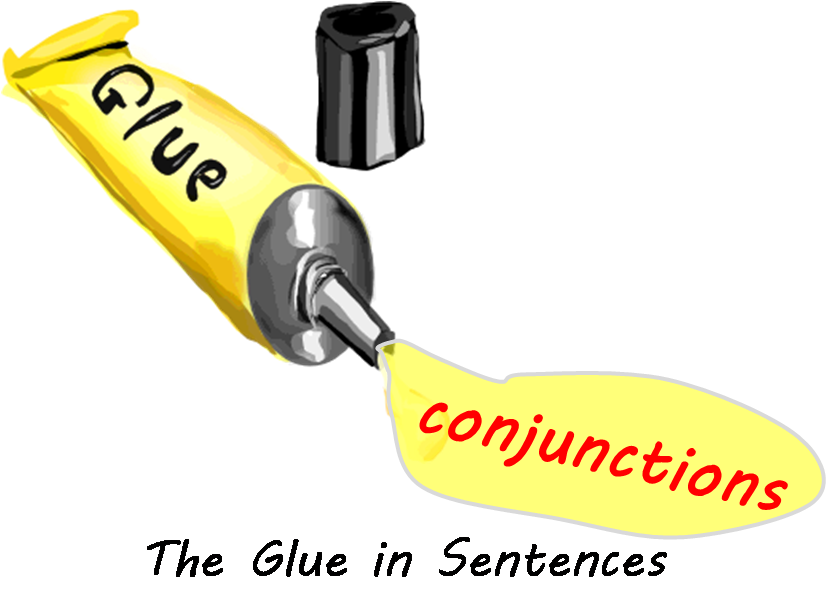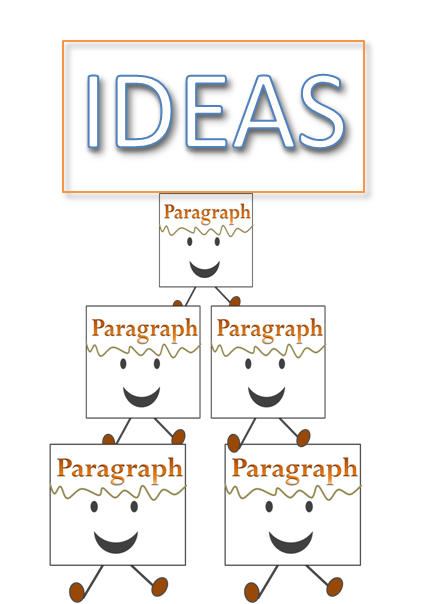Basic Grammar: The Adjectival Phrase
In grammar, the adjectival phrase refers to groups of words which are composed of adjectives combined with other elements that provide additional information or modify it in various ways. Just like normal adjectives, an adjectival phrase also modifies a noun or a pronoun.
What is the Structure of an Adjectival Phrase?
Although the concept of adjectival phrase may seem complicated, the structure of this kind of phrase is actually very simple and easy to remember.
All adjectival phrases contain an adjective as the main component plus other modifiers which are mostly in the form of degree modifiers.
Example:
Her writings sometimes contain tremendously long sentences.
The underlined adjectival phrase above consists of the adjective “long” as the main component and the modifier “tremendously.” The whole adjectival phrase is used to describe the noun “sentences.”
You must also know that in an adjectival phrase, the main adjective can be found at the beginning, in the middle, or at the end of the phrase.
Examples:
- I can’t believe she’s stronger than you.
In the example above, the underlined adjectival phrase modifies the pronoun “she” and consists of the main adjective “stronger” plus the modifiers “than” and “you.” In this particular adjectival phrase, the adjective is clearly located at the beginning and is the one which initiated the whole phrase.
- I’m quite happy about it.
In the sentence above, the whole underlined part is the adjectival phrase in the sentence, which describes the pronoun “I.” The words “quite,” “about,” and “it” are all modifiers and the main adjective is the word “happy,” which is located in the middle of the whole adjectival phrase.
- Whew! This Korean dish is very spicy.
The sample sentence above contains the adjectival phrase “very spicy,” which is used to describe the noun “Korean dish.” The word “very” is a form of degree modifier and the main adjective is the word “spicy,” which is placed at the end of the underlined adjectival phrase.
What are the Functions of Adjectival Phrases?
An adjectival phrase can have two functions:
- They can either function attributively
or
- They can function predicatively.
Obviously, when an adjectival phrase functions attributively, it is called an Attributive Adjectival Phrase. On the other hand, if it functions predicatively, the phrase is called a Predicative Adjectival Phrase.
The difference between the two is that an Attributive Adjectival Phrase is located inside a noun phrase that it modifies, while the Predicative Adjectival Phrase appears outside the noun phrase that it describes. Typically, the latter kind of adjectival phrase comes after a linking verb (e.g., am; is; are; seem; become).
Examples:
- The students are angry with the 200% tuition hike.
In the sentence above, the underlined adjectival phrase which describes the noun phrase “the students,” functions predicatively. As you can see, the adjectival phrase is located outside the noun phrase and comes after the linking verb “are.”
- Students angry with the 200% tuition hike are protesting outside the university.
The underlined part in the sample sentence above is the Attributive Adjectival Phrase in the sentence. It can be classified as such because it is a part of the noun phrase that it modifies.
Additional Tips
Take note that some kinds of adjectives can only be used in Predicative Adjectival Phrases and never in Attributive Adjectival Phrases. If you are not sure whether a particular adjective can be used in both ways, you can always refer to the dictionary. Most dictionaries label these special kinds of adjectives with “predicative only” or “not in attributive use.”
Examples:
- afraid
- awake
- alike
- fond
- afloat
- ashamed
- unaware
- alone
- aloof
Sample Sentences:
- The young child is already awake. (CORRECT)
The already awake child was crying. (INCORRECT)
- My brother is fond of steak. (CORRECT)
My fond of steak brother is coming.(INCORRECT)
Final Thoughts
The adjectival phrase can be considered as one of the most important parts in a sentence because it gives additional information and makes a sentence more meaningful. This article which provided an overview of the concept can definitely serve as a good starting point in your exploration of this topic, and can surely be able to provide you with substantial information that you can use in the future. Always remember that having a broad knowledge of grammatical concepts will not only help you obtain high academic grades, but will also make you a better communicator in both oral and written forms.




